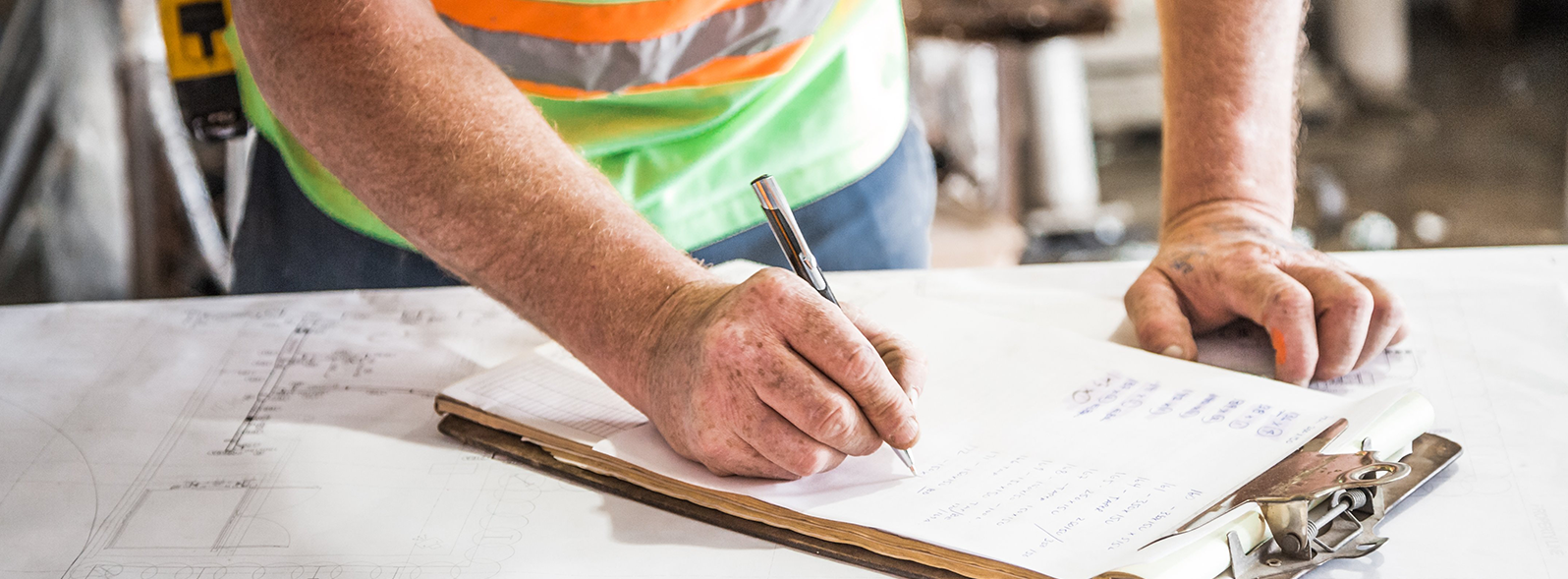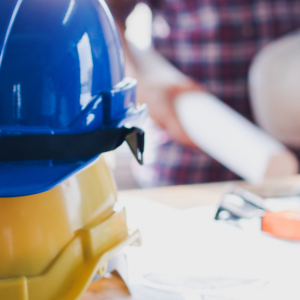There’s the excitement of clearing the first hurdle and the hope of getting a job offer, but it’s also normal to feel some nerves and uncertainty about the questions you might be asked. In some ways, interviews in the construction industry are like any other field: you can expect to be asked basic questions about your experience, your reasons for applying and how soon you can start if an offer is made. But the industry does have its quirks, so it’s important to be prepared and give yourself the best chance of success.
What your interviewer will look for
Unless the job is highly specialised, the main priorities for your potential employer will be to make sure you have the relevant skills and that you’ll make their life easier. To this end, they’ll be considering:
Projects you have worked on
More experienced candidates can talk about previous jobs for this part of the interview, but those just starting their career may need to rely on projects undertaken through apprenticeships, study or other work experience.
Problem solving skills
Being able to solve problems on the go is par for the course when working in construction, so employers want to hire those who can use critical thinking to overcome challenges. They may even ask you to take a quick test, such as identifying a potential issue in a drawing or describing the proper way to perform a particular task.
Clear communication
It’s a red flag for interviewers when a candidate gives short, vague responses or rambles about unimportant details, because the way you communicate in your interview reflects how you’ll communicate on the job. Be prepared to show that you can speak clearly and directly, whether it’s an ice-breaker chat about the footy or discussing the requirements of a project.
Understanding of job requirements
There’s nothing worse than a construction candidate who doesn’t know or understand the job they are applying for. Get to know the role, the company and the trade before your interview so they know you are ready to hit the ground running.
Your core skills
Having your skills certified leaves out the guesswork for employers who simply need the job done right. You can take training courses or earn qualifications in construction based on your skills, experience and education to show the interviewer you’ve been assessed as competent in a specific trade.















